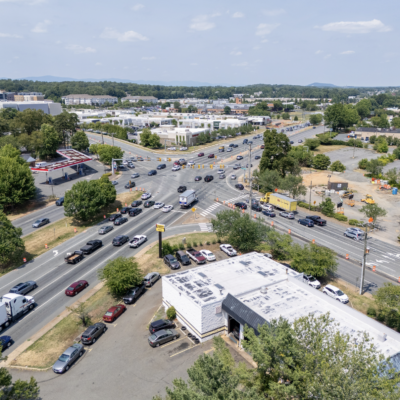After weathering yet another verbal squall, the 13-member South Fork Rivanna Reservoir Stewardship Task Force last week finally finished its report outlining reasons and proposed process for dredging.
In the final report, the Task Force gave only two primary reasons for dredging: maintaining channels for UVA rowing and other recreational use; and preventing wetlands from building up that might cause regulatory problems in the future. The report mentioned that additional storage capacity for the reservoir is a benefit that should be considered a factor, but that “regaining lost storage capacity is not a reason to dredge or slow sedimentation.”
“The overall report has so much good information,” said Holly Edwards, task force member and city councilor, at the conclusion of what has been a six-month process. “I think part of what makes me O.K. with it is not just the report, but the process and the journey that we had getting to it.”
What made the process especially contentious was the underlying issue of the long-term community water supply plan.
A group calling themselves Citizens for a Sustainable Water Plan (CSWP) has fought the current water supply plan for about a year. The South Fork Task Force was an outgrowth of plan criticism: CSWP maintained that dredging the reservoir, which is filling in with sediment at a rate of 1 percent a year, should happen before a new dam is built to expand the Ragged Mountain Reservoir.
After debate, local leaders opted to stick with the existing plan, but moved to solicit firms to possibly conduct studies that could lead to dredging. That was tabled, however, in order for a task force to weigh reasons for dredging the South Fork.
Still, questions of the water supply plan lingered—specifically, whether the Task Force could recommend dredging to increase the water supply and possibly change the plan—until Mayor Dave Norris and former county supervisor chair Ken Boyd clarified that charge: “This Task Force was not charged with responsibility for reassessing the fundamentals of the water supply plan itself. In our opinion, that is outside of your purview.”
But at the outset of the final meeting, Dede Smith, who represented CSWP on the panel, argued that the report “failed to honor the intent of the governing bodies that authorized the task force” and suggested that the report more firmly recommend comprehensive dredging studies. Wren Olivier, representing the local chapter of the Sierra Club, also objected to the report. She and Smith voted against the final report.
Did the task force properly address its charge? Boyd says, “Definitely.”
“The charge was narrow, but that was done intentionally—we wanted them to zero in on what we needed to do at the South Fork Rivanna Reservoir,” says Boyd. “We knew if we opened it up to the whole water supply issue, that would take off into a very, very long discussion.”
The final report will now be presented to the four boards that govern local water resources. City Council and the Board of Supervisors will have to decide whether to move ahead with studies—as well as how to split the bill.
C-VILLE welcomes news tips from readers. Send them to news@c-ville.com.





